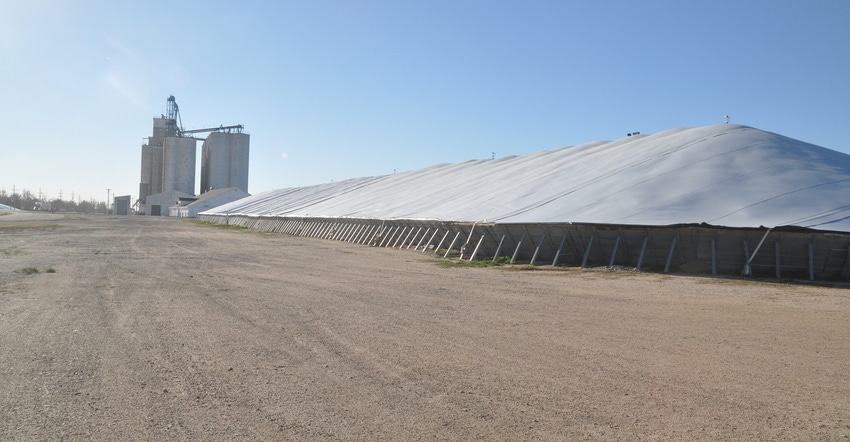May 11, 2017

“There’s no home run like China sitting out there. U.S. agriculture is dependent on trade. If we don’t have all the doors open on trade that we can, we put our farm economy at risk.” — Kurt Shultz, senior director of global strategies at U.S. Grains Council.
As I write this more than a month in advance of publication, uncertainty rules the day within the grain trade. One never knows for sure how political wrangling will play itself out, considering pre-election campaign and post-election rhetoric that dominated all forms of media. President Donald Trump, fulfilling a campaign promise to pull out of the Trans-Pacific Partnership agreement, signed an executive order, effectively placing the world on notice that “business as usual” is no longer status quo.
This “shot across the bow” was part of a salvo of communications directed at China, Mexico and Canada, regarding their trading practices.
Was this a wise move on Trump’s part? In my opinion, it was not a good move. A better strategy would have been to negotiate, pass and sign the TPP agreement and work within that framework to make any necessary changes and enforce compliance. But now, we’ve got nothing and stand to lose billions in trade that will go elsewhere. Frankly, I have little confidence in Trump’s ability to close the deal that benefits farmers as well as business associates.
Euphoria over a change in leadership in the White House is quieting down, and the mood is serious. The honeymoon is over. Throw in Trump’s desire to cancel the North American Free Trade Agreement with Canada and Mexico, and we have a wake-up call for farmers to mind their store and protect their financial interests. Farm organization leaders are expressing serious concern over the future direction of trade talks, and are taking their talking points to the administration, as well as members of Congress and staff.
There is no clear direction or defined strategy for initiating new unilateral trade discussions that will be beneficial for American agriculture. Already, Japan is preparing to restart TPP discussions without U.S. participation. China is working on crafting trade pacts as well. Canada and Australia are also working to fashion unilateral agreements with Pacific Rim countries that will harm American interests. Mexico hints at redirecting trade toward South America.
American agriculture is also paying the price in the global marketplace. China, the prime target of Trump’s rhetoric, whether this was motivated in reaction to his comments or not, initiated import tariffs on U.S. distillers dried grains, causing prices to tumble to the lowest in a decade for this time of year. Purchases in the six months through February have already plunged 69% from the previous period last year. This, at a time when commodity prices are in the doldrums and further pressure on oversupply, will create even greater hardship on the industry.
In an unrelated move toward unilateral protectionism, Canada is restricting imports of milk from the U.S. Additionally, Canadian grading standards restrict the importation of American wheat, due to a law requiring U.S. No. 1 grain to be classified as “feed grade.” This law has been on the books for a long time, longer than I have been active in farm policy. For years, yours truly, the National Association of Wheat Growers and U.S. Wheat Associates have been urging our Canadian farmer friends within their commodity organizations to create an equitable grading standard both countries and stakeholders find acceptable. Though our Canadian friends nod in agreement, little has been done to rectify this inequity on their part.
The United States and American agriculture certainly has reasonable cause to request, if not demand, renegotiation on NAFTA, to make it equitable for all trading partners. However, this is not the time for alienating our closest allies and trading partners, while trying to get them to the bargaining table. Frank and candid discussions belong in one-on-one or in group meetings, where differences can be ironed out through meaningful compromise, ending with an acceptable agreement.
Penner is a Marion County farmer and past president of the National Association of Wheat Growers. His email is [email protected].
About the Author(s)
You May Also Like




